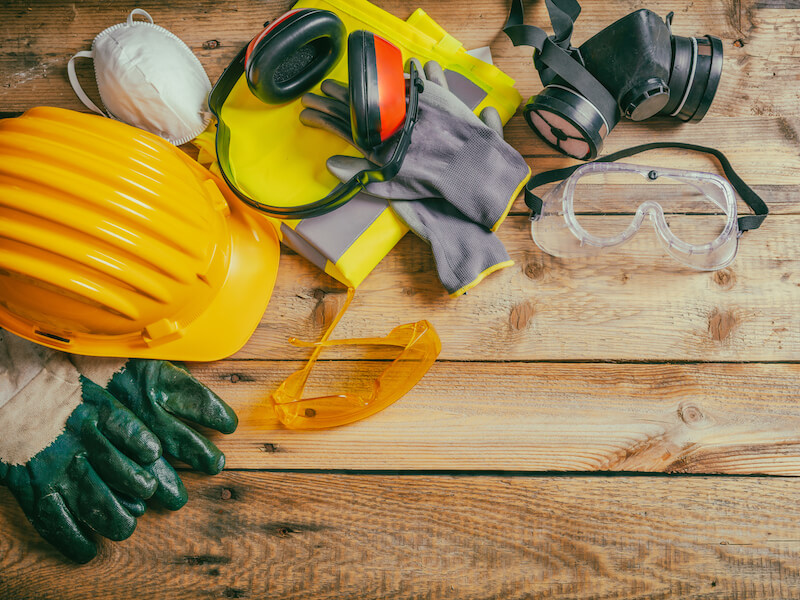
Each year, about 2 million workplace injuries are documented. Usually, we think of a hand caught in a piece of machinery or a flying projectile when we consider work-related injuries.
But there is a much more insidious on-the-job injury that is even more prevalent and often unnoticed. Over several years, it will sneak up gradually on people. The majority of people don’t even detect it’s occurring until it becomes severe. People typically make excuses. “It will go away” or “I’m just getting older. This response is common.
Many people don’t even realize it was brought on by their workplace environment.
Damaged hearing is this insidious injury. There are numerous warning signs you should identify, and there are important steps you need to take if you believe the damage is already done.
How Loud is Too Loud?
Your hearing can be permanently damaged with sustained exposure to as little as 85 decibels (dB) over a long period. Seventy-five dB, for example, is the average volume of a vacuum cleaner. Eighty-five dB for a lawnmower. If you’re exposed to a chainsaw or leaf blower you’re dealing with 100 dB. And the volume of a gunshot comes in at 140 dB.
How noisy is your workplace? Is the most common workplace injury a problem for you? Over time, your hearing can be damaged if you’re regularly exposed to sound as loud as a lawnmower, even if it’s not continuous.
Hearing Injury Signs
If you work in a loud environment, there’s no doubt you’re harming your hearing.
The following is are early warning signs that you’re experiencing hearing loss:
- consonants get confused – “Todd” sounds like “Dodd,” for example.
- When people speak, you tend disengage.
- Your friends and family tell you your TV, radio, or computer tablet volume is too loud.
- You feel pain when you hear loud noises.
- You suspect people speaking to you are constantly mumbling.
- You can’t understand the person speaking if there’s background noise.
- Conversations sound muffled.
- You regularly ask people to repeat themselves when they speak.
- You hear ringing, whistling, or hissing when it should be quiet.
What Are Employers Doing to Decrease Hearing Damage?
Businesses and organizations are utilizing the latest technology to reduce workplace noise in excessively loud settings. Government agencies are endeavoring to update recommendations that will minimize workplace noise and protect employees.
As more employees become aware of the recurring damage they have suffered as a result of workplace noise, they are speaking out. Further change will come as their voices are heard.
Preventing Additional Damage
If you work in a noisy setting, the smartest thing you can do is safeguard your ears before any damage occurs. Potential damage will be minimized by wearing protective earmuffs or earplugs.
If you think your hearing has been injured by a noisy workplace, make an appointment for a hearing exam as soon as possible. When you identify the level of your hearing loss, you will learn how to prevent further damage going forward. We can help you formulate strategies to avoid additional hearing loss and manage the damage you’ve already experienced.
